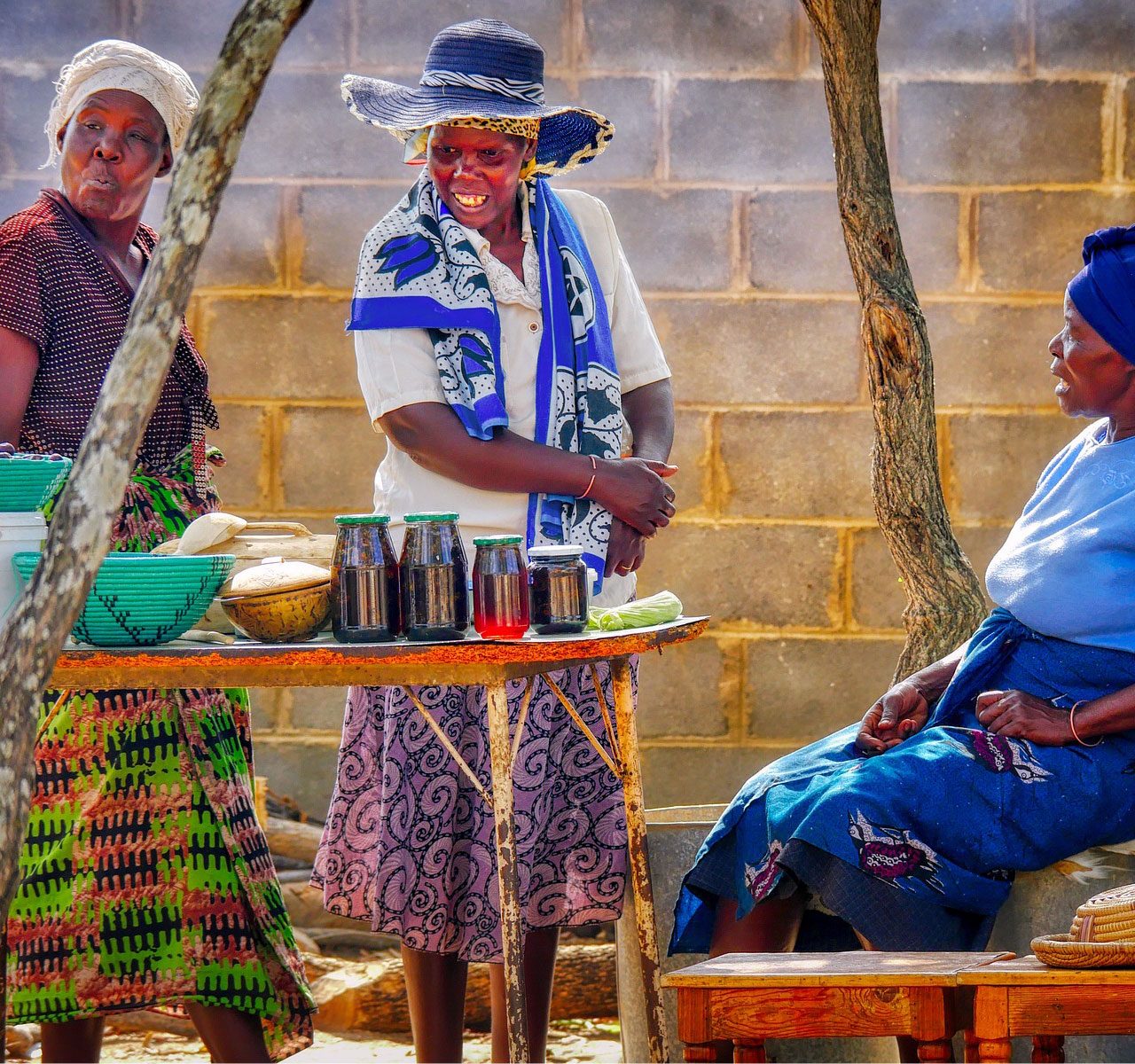Centre for Smart Africa & Conflict Research (CSACR)
ABOUT CSACR
The Centre for Smart Africa & Conflict Research-CSACR, is an independent, non-governmental African think tank and implementing Organization based in Nairobi. CSACR has been set up by African scholars and practitioners in key developmental sectors. It is anchored by the need to respond to the growing need to develop the culture of public expression of opinion, consultation and participation of Africans in the issues that affect them. We purpose to encourage a wider and more informed awareness of the critical positioning of Africa within the context of international affairs and provide qualified capacity and varied resources to address challenges affecting Africa’s growth and development. CSACR believes it is the responsibility of African societies and Nations to rise up with a sense of responsibility and commitment to poor leadership, combat hunger, poverty, unemployment, human rights abuses, and environmental & climate change issues. This is focused to improve on the content of dialogue, stakeholder participation and research that will lead to improved development of policies that facilitate appropriate processes and systems to enable sustainable solutions.
01OUR VISION
The Vision of CSACR is to become the leading think-tank and Centre of excellence for Africa’s development research, training and advisory services on issues related to environment and climate change, conflict research & prevention, and economic development.
02OUR MISSION
The Mission of CSACR is to encourage the involvement of Africans in national and regional development. Through the use of local knowledge and personal involvement in order to develop mechanisms that will obtain effective and sustainable results in the fight against hunger, poverty, unemployment, conflicts and environmental abuses in Africa.
03OUR GOAL
To provide information to a large of number of Africans and non-Africans regarding issues that affect their daily lives and a forum for self-expression as well as interacting with others on various issues regarding Environment & Climate change, Conflict research & resolution, Economic development and other educational issues in Africa as may be required from time to time.
CSACR PROGRAMME FOCUS
Our programmes are implemented to generate new perspectives, approaches and models for advancing development in Africa, with particular emphasis on broad-based use of African Solutions to African problems and to create ownership of development interventions. Our thematic areas are:
CSACR APPROACH
CSACR strongly believes that African challenges should have African solutions but are cognizant of the fact that globally majority of the issues have been addressed. We therefore take up learnings from different regions and contextualize them in order to facilitate sustainable solutions. It is with this background that we engage a diversified approach that address issues from conception, implementation and review. Our approach involves:
1. Research
Undertake and commission all aspects of research that will lead to evidence-based information to bring about better understanding on current issues of importance to the African continent.
2. Dialogue based on research findings
This is a very central program for CSACR. Dialogues provides the opportunity for knowledge dissemination, networking and influencing public policy formulation and practice specifically.
3. Research
Findings from the research are used either as input into dialogue and whose proceedings are published directly. CSACR also tries to make existing knowledge more accessible through reviews and consolidation of that knowledge.
4. Networking
Dialogues will also create a platform for different stakeholders to meet and learn from each other. This is an important channel for dissemination of knowledge and influence of public policy formation and practice. CSACR develops linkages with international organizations and agencies as well as local civil society organizations.
5. Organize Regional & International Events
Conferences, seminars, and meetings on a wide range of topics addressed by prominent Africans and distinguished international guests.
6. Resource Center
Maintaining a resource Centre and a reference library for research scholars and members of the public in its thematic program areas.
7. Project implementation
Through a network of collaborators in consortiums and partnership, CSACR actively mobilizes resources in order to implement activities that have been generated from research and participatory engagements to address issues within.

PROGRAM OF ACTIVITIES
The activities focus on reaching people in Africa, international community and the Diaspora to raise awareness as well as to promote dialogue between the policy makers and the general public. This is an area that is much talked about but for which there are insufficient mechanisms in place for significant responses to the issues. Some of the activities of
CSACR include:
These activities will help raise the profile of CSACR with external stakeholders in the development sector. CSACR is expected to serve as a resource and learning centre and provide technical support to various governments, non-governmental organizations and other private agencies.
THE ORGANIZATION STRUCTURE AND BOARD OF DIRECTORS
This is made up of Management team, Board of Directors and the Advisory board.



